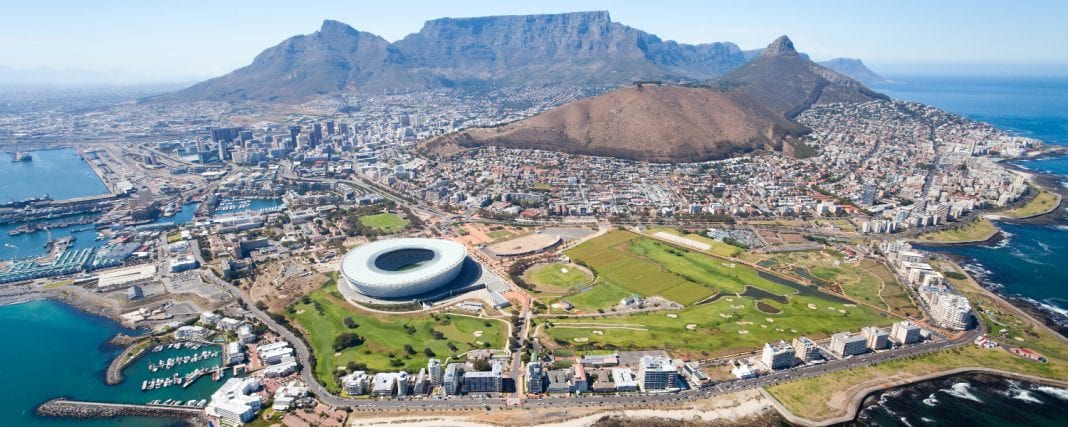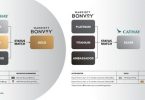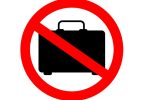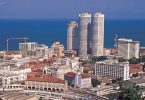The World Bank issued its first Systematic Country Diagnostic (SCD) on Seychelles on 2nd August 2017. Its findings will inform the World Bank’s operational work in the country and contribute to public debate, including as an input to the currently ongoing new national development planning process.
According to the SCD, Seychelles’ economic growth performance has been strong, both over the long term and recently, and employment rates are high. However, as this analysis demonstrates, that growth has been driven mainly by factor accumulation. Although Seychelles is considered to have a high-income economy, our challenge now is to sustain growth by raising productivity.
“While absolute poverty levels in Seychelles are low, inequality is significant,” said Alex Sienaert, Senior Country Economist and the report’s main author, “Increasing Seychellois’ direct participation in an increasingly skills-intensive, sophisticated economy is the paramount challenge for the country’s social sectors.”
The report indicates the need for a development model that fosters strong economic inclusion. In Seychelles, the labour market is increasingly rewarding workers with scarce technical and job-relevant skills. The pressure is on for the education system to equip graduates with the tools they need to reap the benefits of the growing opportunities offered by the Seychelles’ increasingly sophisticated economy. Additionally, social spending is already at generous levels, and needs to be better targeted, to shore up the sustainability of this spending, boost its impact on protecting the vulnerable and empower Seychellois to get high quality jobs.
The report also suggests that increasing state performance is another of the key challenges facing Seychelles today. A high-performing economy requires a public sector that is efficient enough to deliver high quality public services, agile enough to respond to emerging priorities, and small enough not to divert scarce financial and human resources away from the private sector.
The report adds that Seychelles has made much progress on this front and can build on this further to position government and the state-owned enterprises to support a high-performing, high participation economy.
It is to be recalled that this report follows recent insights shared by Maliki Jivan in ‘Today’ Newspaper, where she proposed a series of measures to sustain growth by raising productivity, including a commitment to business, to stimulate FDIs, to encourage FOREX earning businesses and exports, and for Government to be a facilitator of business.
The time to move ahead and look at the tourism and hospitality operators is now.
“Seychelles businesses are not competing among themselves. They have to be seen as the preferred holiday in advertised tourism publications. Our Seychelles packages need to be noticed and the businesses need to be able to afford to be remain visible.”
Construction companies tend to book a large quantity of airline seats to bring expatriate contraction workers to Seychelles. With the lack of FDI in Seychelles, airlines are today scrambling to fill these hundred plus weekly seats, which is a cause for concern.
The World Bank has issued its first Systematic Country Diagnostic (SCD) on Seychelles. The report says that the challenge now for Seychelles is to sustain its growth by raising productivity. Raising productivity in a country so dependent on tourism is to ensure that the island’s tourism industry is consolidated for the long term. Many Seychellois have invested their life savings into tourism and they need the security for their investments. Others are employed in this industry and they are breadwinners for their families.
Ten years ago, the financial crash shocked the world and Seychelles. Our islands have fared well and came out as leaders, but is it time to give a boost to the players in this fragile industry to ensure they are able to work facing the situation on hand.
VAT remains a cost which our Government insists can be passed on to the consumer, but in reality, is just absorbed by the operator who remains scared of pricing themselves out of the market. Germany and France have been innovative in splitting where VAT is applicable and at what percentage. They have separated the infrastructure and the consumption with a lesser VAT on an infrastructure of the hotel’s BED ONLY rate and country’s applicable VAT on extras, such as meals, bar etc. We could stand to learn a thing or two from Germany and France in this regard.
The tourism trade should be encouraged to strive to actively raise the visibility of Seychelles and ensure that the islands remain relevant in the competitive world of tourism. Value for money and the necessity to better the service ethics will need to follow. Customer service skills will need to be honed and improved if we want, as a Nation, to keep tourists coming back to our sandy shores.
Managers in the tourism industry must ensure that their establishment’s staff are upholding the standard that is expected of them. Importantly, the State must allow managers the freedom to fulfill their employment functions. A recent incident involving interference and micromanagement by the State on Praslin Island has prompted fear in the industry that every foreign manager will be reluctant to discipline staff or to encourage their staff members to improve their job performance. In the incident in question, the State allegedly declined to renew a foreign manager’s work permit following backlash from the local staff at the establishment. This will inevitably lead to a further drop in the level of service and in the notion of value for money in Seychelles. There is a real risk that competent and capable foreign managers will think twice about taking up employment in Seychelles for fear of unnecessary interference by the State.























